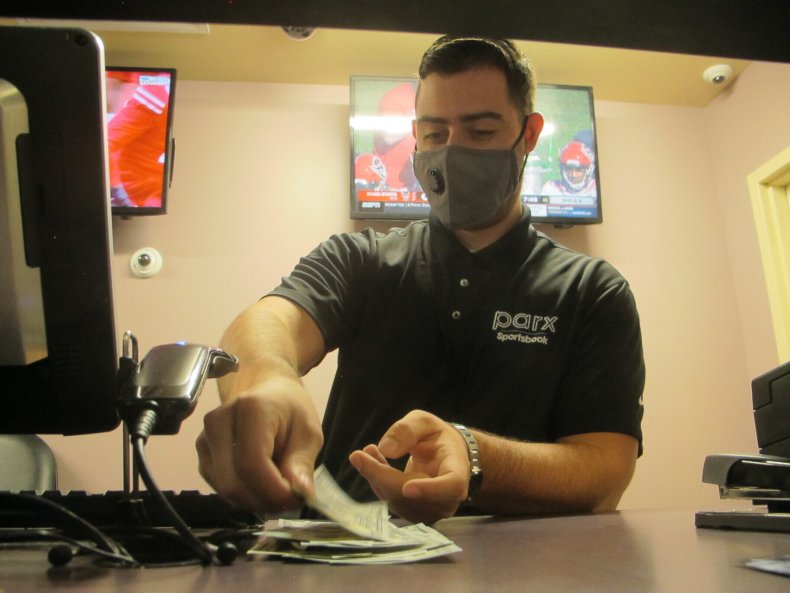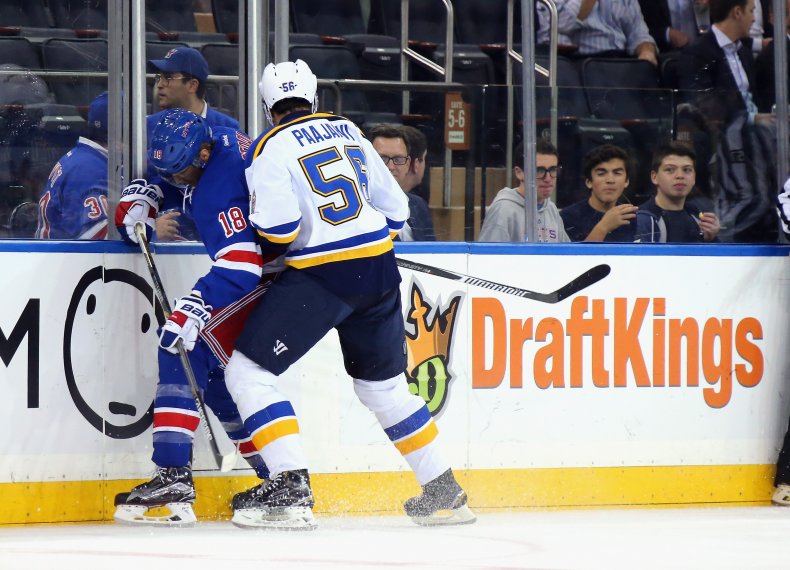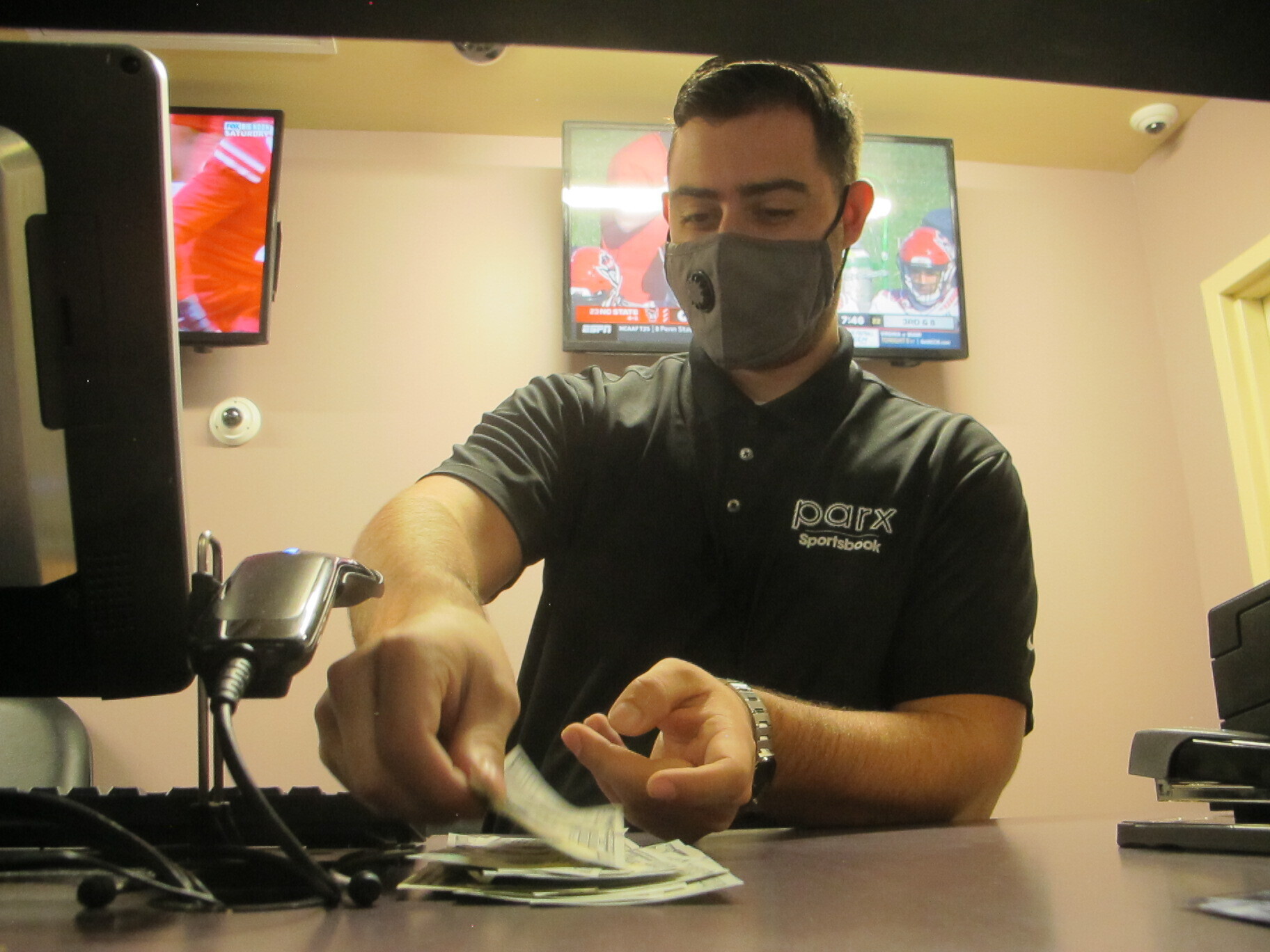The sports betting industry is wondering if its relentless advertising is too much for viewers and fans.
At the SBC Summit North America, a major international sports betting conference, happening this week, people are raising concerns about potential backlash that could result in governments limiting sports betting advertising, akin to what occurred in Europe, the Associated Press reported.
In Europe, teams have a "whistle-to-whistle" ban on sports betting ads that appear in game broadcasts in the U.K. All gambling ads have been prohibited in Italy since 2019, and Spain banned gambling firms from putting advertising on players' jerseys or being in stadium names. Spain also limits gambling ads to only air from 1 a.m. to 5 a.m.
The U.S. has yet to enforce such regulations on sports betting ads. Jeff Fernandez, vice president of business development and ventures for the New York Jets, said the industry and its partners must "make sure we don't have to go to a whistle-to-whistle ban like what happens in the U.K."
President of sports betting for gambling technology company IGT, Joe Asher, cautioned of "a backlash on the advertising going on today, and the excessive amount of it going on."
It's not something that lends itself to self-regulation," said Asher, also the former CEO of gambling company William Hill. "I do worry about when we get to that phase."
Bill Miller, president of the American Gaming Association, the gambling industry's national trade association, said the current output of ads was "an unsustainable arms race."
"Is it annoying?" asked Miller. "Is it too much? It is an unsustainable thing."
For more reporting from the Associated Press, see below.

The Jets, like most other pro sports teams, heavily promote their numerous sports betting partners during games, including logos on the building, scoreboard mentions and ads for an in-stadium sports betting lounge.
One of the most frequent advertisers is Caesars Entertainment, whose ads featuring an actor playing Caesar seem to be everywhere. At Thursday's conference, Ken Fuchs, senior vice president of sports for Caesars Digital, echoed the caution that the industry says it has regarding advertising.
"You do have to draw lessons from the U.K.: you have to self-regulate," he said. "It's about how does a customer interact with Caesars as a brand. It's not about shouting at people: 'Free money! Free money! Free money!' That's what wears people down."
Johnny Avello, director of race and sports book operations for DraftKings, said his company's current level of advertising is working as planned.
"I was at the (train) terminal in Hoboken yesterday and I saw DraftKings on every kiosk and every wall," he said. "And I think it's effective. It works."
PointsBet said advertising is needed to attract new customers and hold onto existing ones.
"We have taken a focused view by listening to what our bettors want and reaching them where they are," said Kyle Christensen, the company's chief marketing officer. "We have a philosophy not to spend irrationally but be aggressive and disciplined. It has served us well, made our users happy, and will continue to be our perspective as we look at future advertising budgets."
On Thursday, PointsBet debuted two new ads featuring recently retired New Orleans Saints quarterback Drew Brees telling people how to live their "bet life."
And Thursday night, the NFL was set to debut a responsible betting ad during the Dallas Cowboys-New Orleans Saints game, urging people to "only bet what you can afford."
FanDuel and BetMGM, two other major advertisers, declined comment. FanDuel became the official provider of sports lines and betting odds for the Associated Press in a commercial agreement starting in April.


